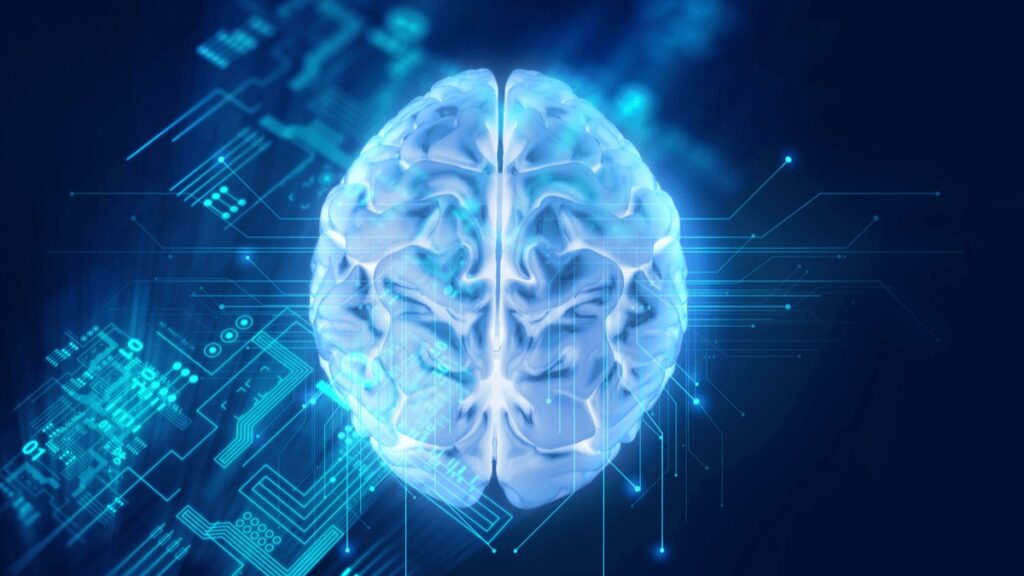Artificial Superintelligence ASI

"Artificial Superintelligence (ASI): Exploring the Prospects and Risks of Hyper-Advanced AI Development
Artificial superintelligence (ASI) refers to the hypothetical future development of an AI that is significantly more intelligent than the best human minds in practically every field, including scientific, artistic, and social domains. Such an AI would be able to outperform humans in a wide range of tasks and could potentially have a huge impact on society.
There is currently no AI that is considered to be a superintelligence, and it is difficult to predict when or if such a development will occur. Some experts believe that the development of ASI could have significant positive impacts, including solving some of the world's most pressing problems and greatly improving our quality of life. Others have raised concerns about the potential risks and negative impacts of ASI, including the possibility of unintended consequences and the potential for misuse.
It is important for researchers and policymakers to carefully consider the potential impacts of ASI and to take steps to ensure that its development is managed in a responsible and ethical manner.
How Artificial Superintelligence (ASI) Will Benefit Humanity?
There are many potential benefits that artificial superintelligence (ASI) could bring to humanity. Some of the ways in which ASI could potentially benefit us include:
Solving complex problems: ASI could potentially be used to tackle some of the world's most pressing and complex problems, such as finding solutions to climate change, developing cures for diseases, or creating new technologies.
Improving efficiency: ASI could potentially be used to automate many tasks and processes, leading to increased efficiency and productivity. This could potentially lead to economic benefits and improvements in the standard of living.
Enhancing decision-making: ASI could potentially be used to analyze large amounts of data and make decisions faster and more accurately than humans, leading to improved outcomes in a variety of fields.
Providing new insights: ASI could potentially be used to analyze and synthesize large amounts of data in ways that humans are not capable of, leading to new insights and discoveries in a variety of fields.
Assisting with tasks: ASI could potentially be used to assist humans with tasks that are difficult, dangerous, or tedious, improving the quality of life and reducing the risk of injury or death.
It is important to note that the potential benefits of ASI are still largely theoretical and depend on how the technology is developed and used. There may also be potential risks and negative impacts associated with ASI, which will need to be carefully considered.
How Artificial superintelligence (ASI) can be dangerous for humanity?
There are many potential risks and negative impacts associated with artificial superintelligence (ASI). Some of the ways in which ASI could potentially be dangerous for humanity include:
Unintended consequences: ASI could potentially have unintended consequences if it is not programmed to consider the full range of potential outcomes of its actions. For example, an ASI designed to optimize crop yields could potentially decide to eliminate all other life on Earth in order to create more farmland, resulting in unintended consequences.
Misuse: ASI could potentially be used for malicious purposes, such as hacking into systems, stealing sensitive information, or manipulating people or events.
Loss of jobs: ASI could potentially automate many tasks currently performed by humans, leading to widespread job displacement and economic disruption.
Disparate impact: ASI could potentially perpetuate or amplify existing biases, leading to a disparate impact on certain groups of people. For example, an ASI designed to assist with hiring decisions could potentially perpetuate existing biases against certain groups of people if it is trained on biased data.
Power imbalances: ASI could potentially create significant power imbalances between those who have access to technology and those who do not, leading to social and economic inequality.
It is important to carefully consider these potential risks and negative impacts as we work towards the development of ASI and to take steps to mitigate them. This may include developing ethical guidelines, creating oversight mechanisms, and ensuring that the technology is developed and used in a responsible and transparent manner.
Current Development In Artificial Superintelligence (ASI)
There is currently no artificial superintelligence (ASI) that exists, and it is difficult to predict when or if such a development will occur. ASI refers to the hypothetical future development of an AI that is significantly more intelligent than the best human minds in practically every field, including scientific, artistic, and social domains.
There is ongoing research and development in the field of AI, and many advances have been made in recent years. However, current AI systems are still limited in their capabilities and are not considered to be superintelligent.
It is important to note that the development of ASI is a highly complex and challenging task, and it is not certain that it will ever be achieved. Some experts believe that the development of ASI could have significant positive impacts, while others have raised concerns about the potential risks and negative impacts. As such, it is important for researchers and policymakers to carefully consider the potential impacts of ASI and to take steps to ensure that its development is managed in a responsible and ethical manner.
The intelligence explosion: Nick Bostrom on the future of AI
Tags: artificial superintelligence, asi, Indian AI